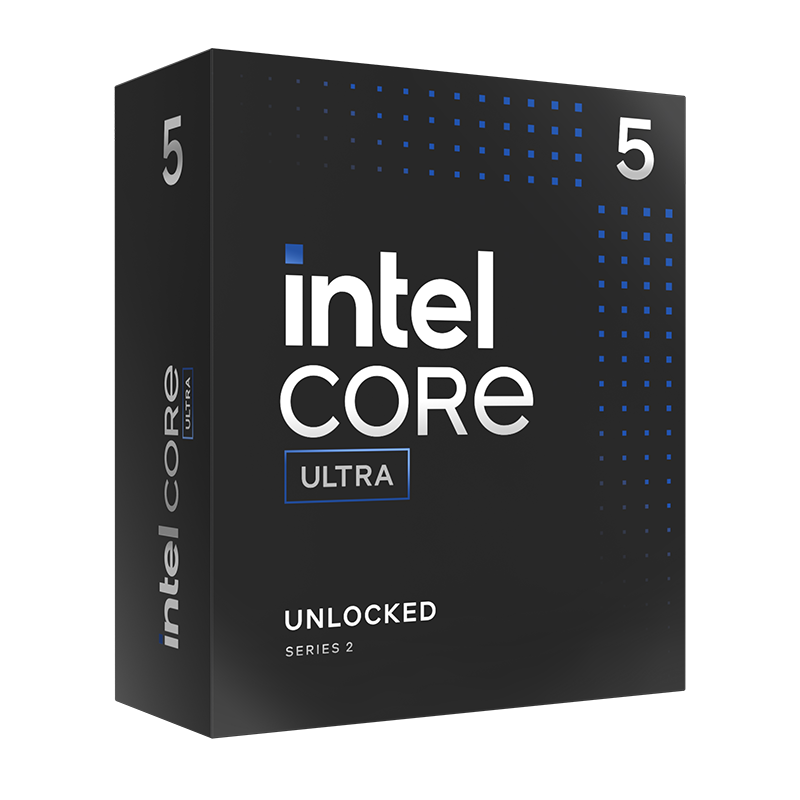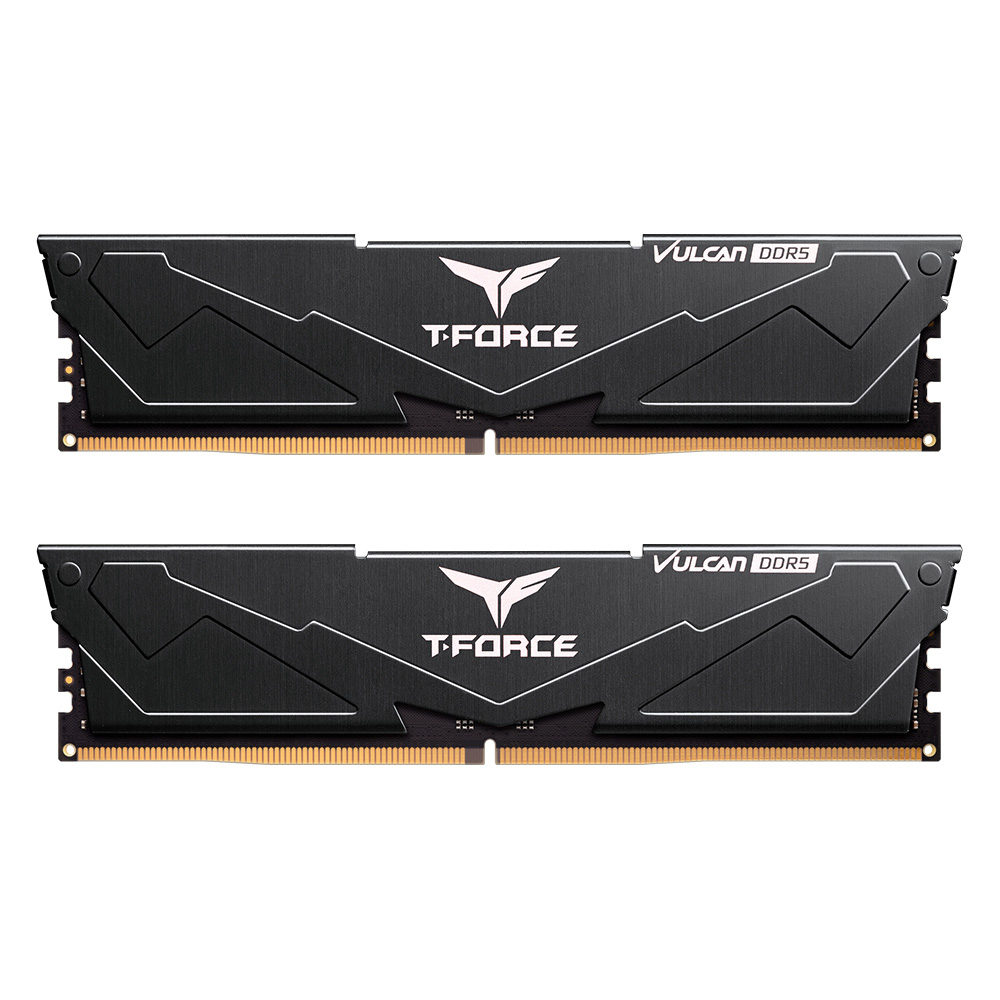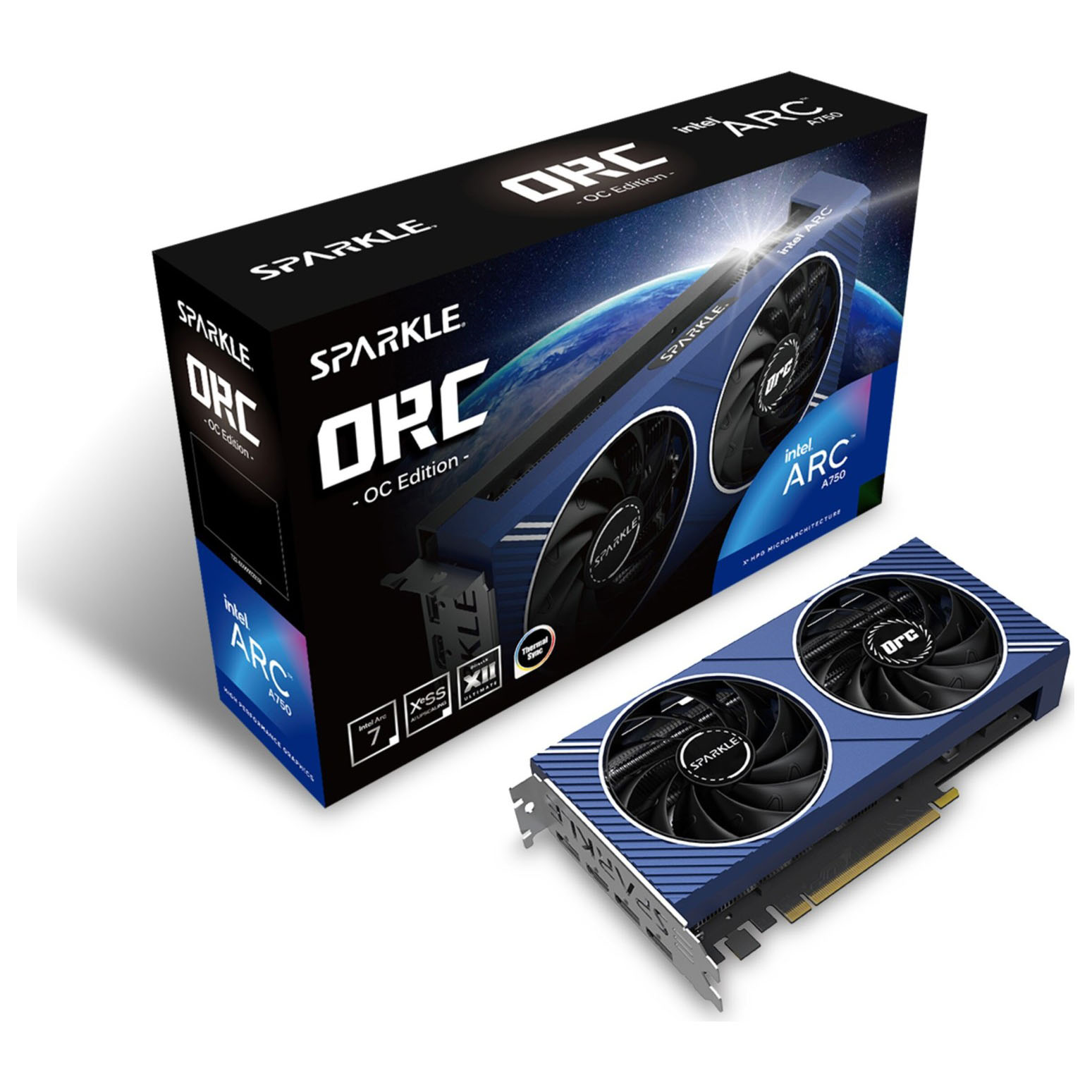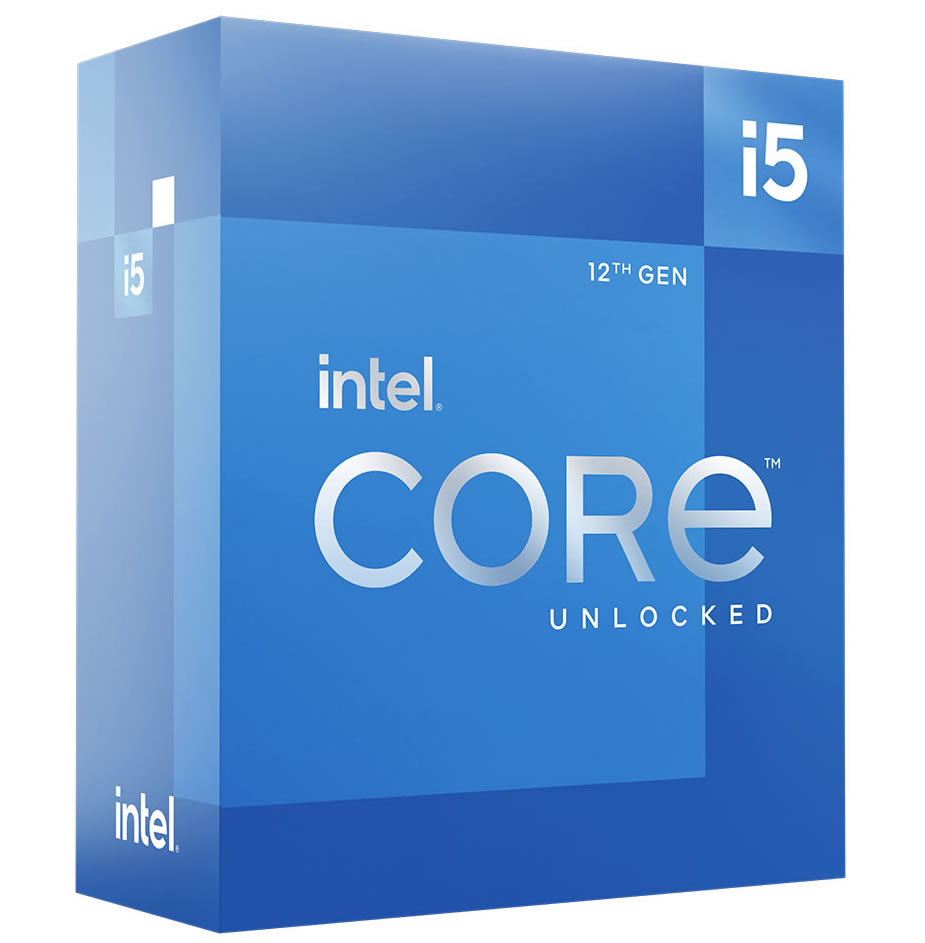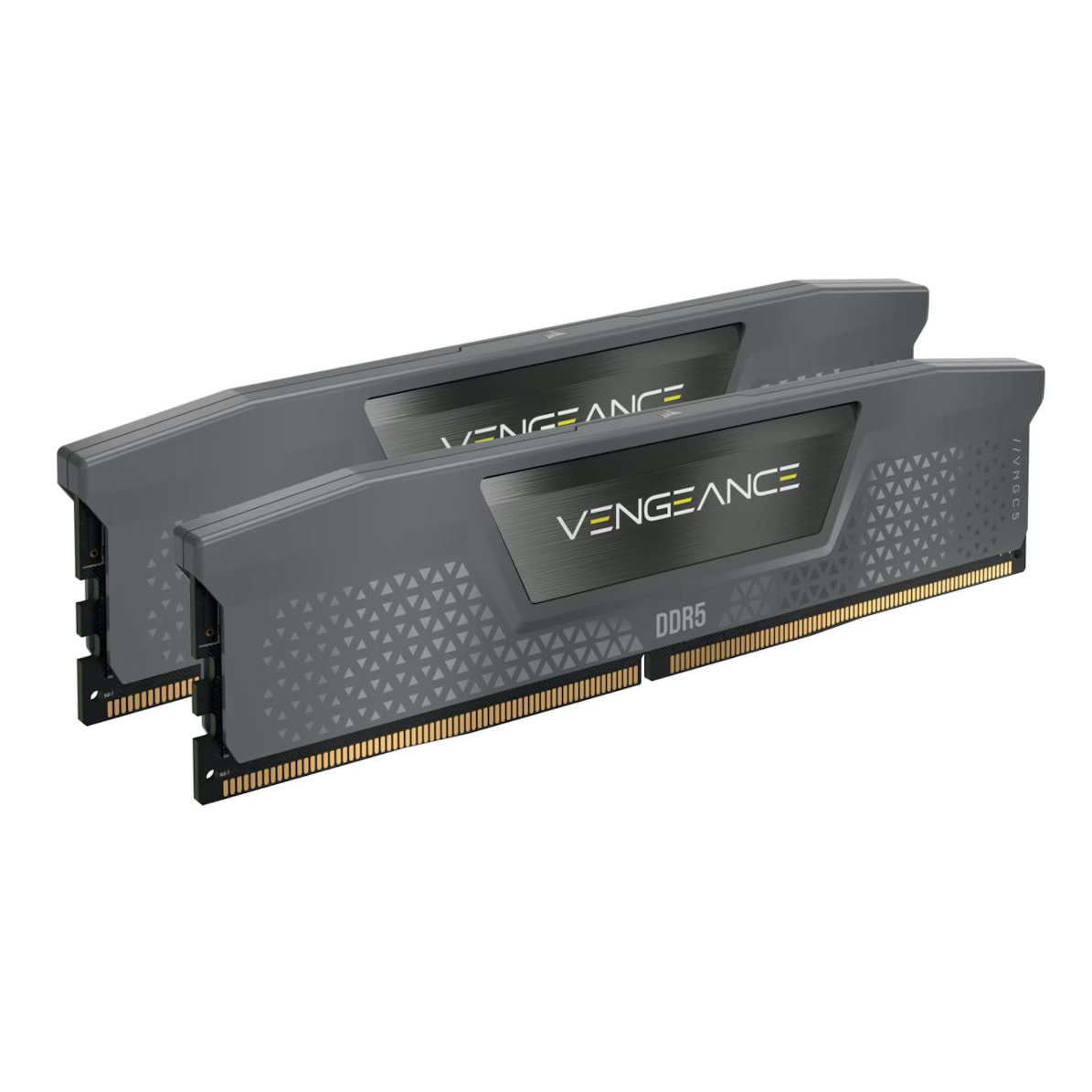Do you mean a motherboard with a reinforced CPU socket or do you mean a motherboard that will last a long time and not fail/become faulty after only a couple years of use?
I think you mean the latter and that's impossible to say without some sort of mass database of all motherboards returned to the reseller or manufacturer and the reason for the return.
People will say stuff like "I had an MSI motherboard that's lasted me ages" but that's a sample size of one, doesn't mean anything and not indicative of the wider RMA rate of any particular range of motherboards, by brand or by model.
One thing you could do is look at a particular motherboard model you think will work for your use case and then look at reviews of the motherboard - If you see many 1 star reviews saying it faild after only a few months of use, then maybe avoid that particular model.
That being said: All products have a failure rate. All of them. There might be a small percent difference between a model with high reliability and one with poor reliability and you'll never really know which is which without knowing the world wide statistics.
Reply with a budget when you have a chance. I wouldn't overthink it though, just go with one that works for you spec and budget wise.



